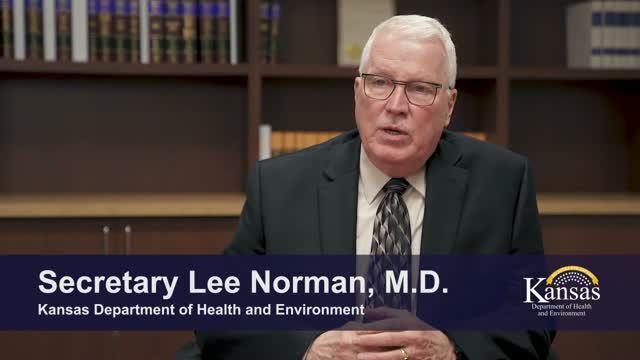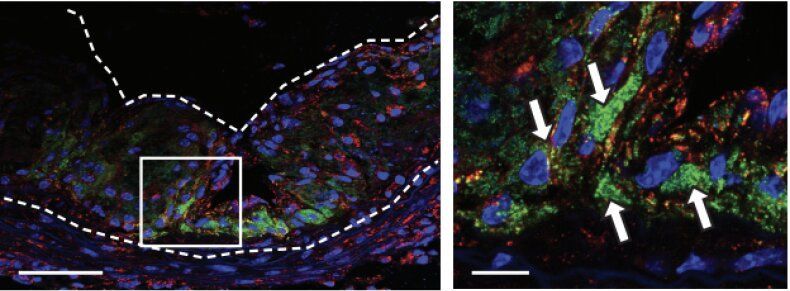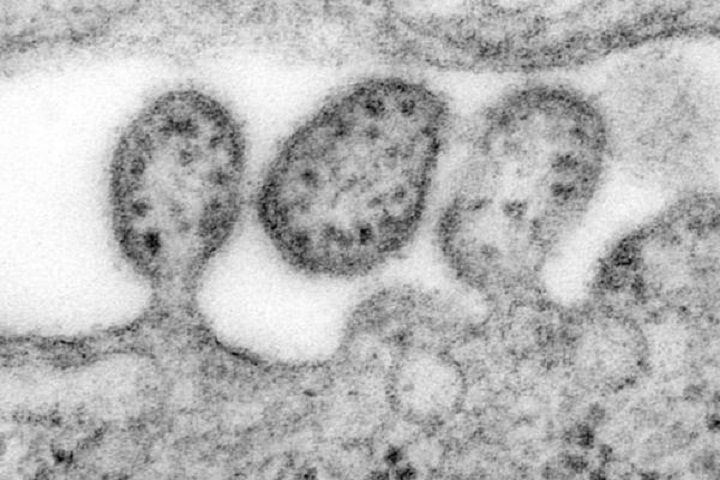Duchenne muscular dystrophy (DMD) is one of the most common and most devastating muscular diseases, greatly reducing patients’ quality of life and life expectancy. Now, researchers in Germany have managed to use the CRISPR gene-editing tool to correct the condition in pigs, bringing the treatment ever closer to human trials.
A protein called dystrophin is necessary for muscles to regenerate themselves, but people with DMD have a genetic mutation that removes the gene that produces dystrophin. That means that affected children usually begin to show symptoms of muscle weakness by age five, lose the ability to walk by about age 12, and rarely live through their 30s as their heart muscles give out.
Because it’s a genetic condition, DMD is a prime target for treatment with the gene-editing tool CRISPR. This system is prized for its ability to cut out problematic genes and replace them with more beneficial ones, and has been put to work treating cancer, HIV and forms of blindness.





 We are delighted to announce that
We are delighted to announce that 
